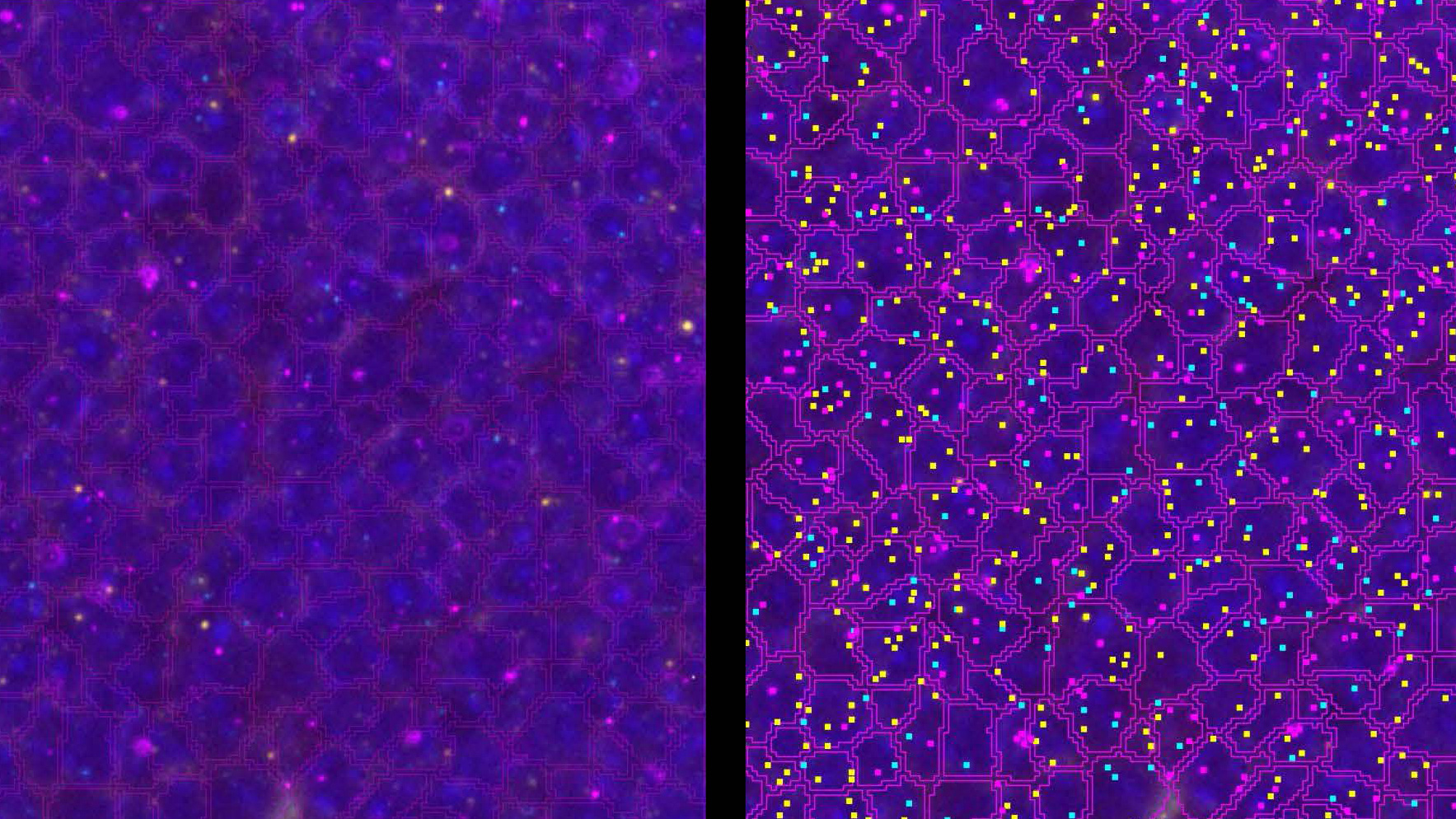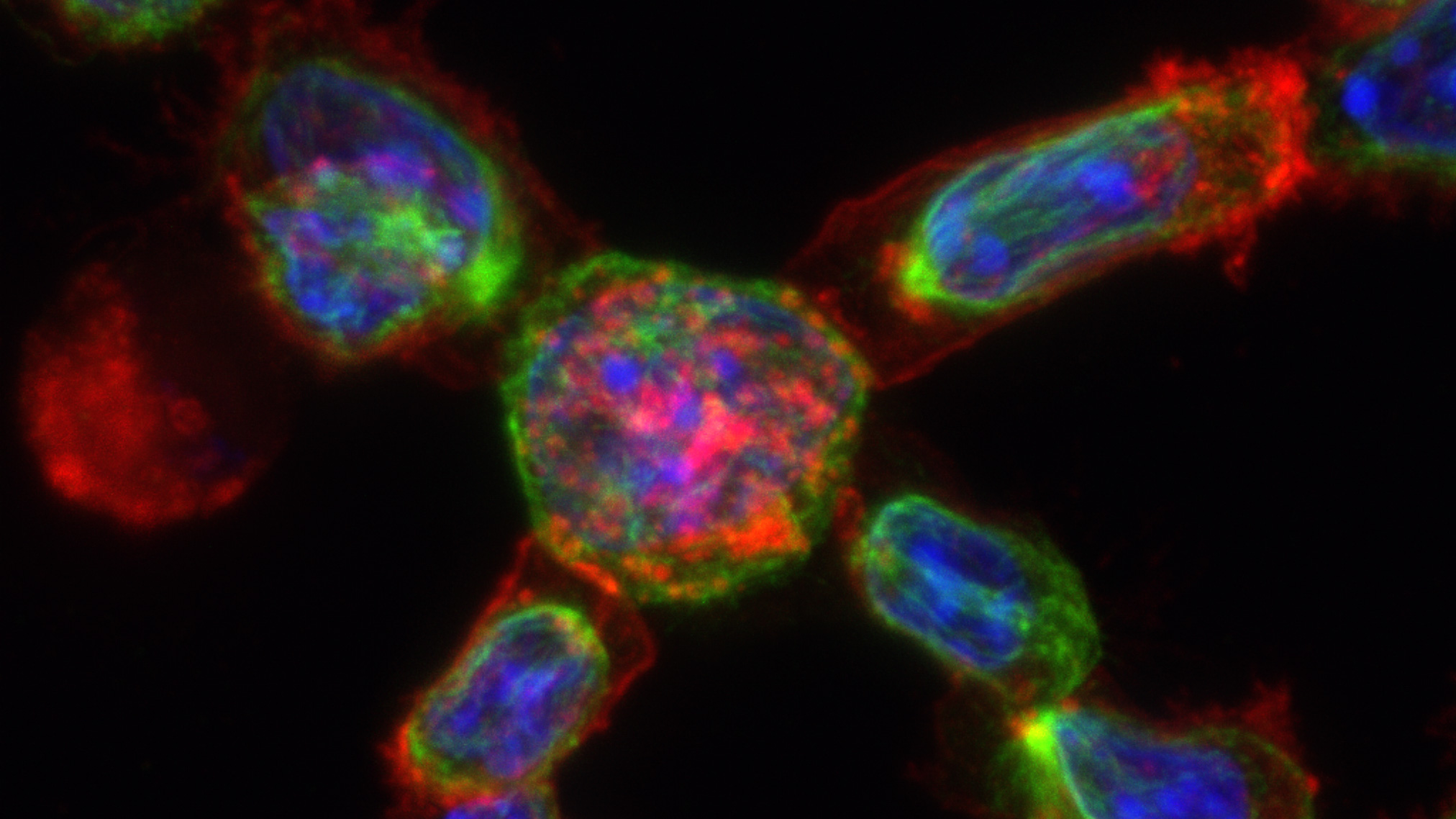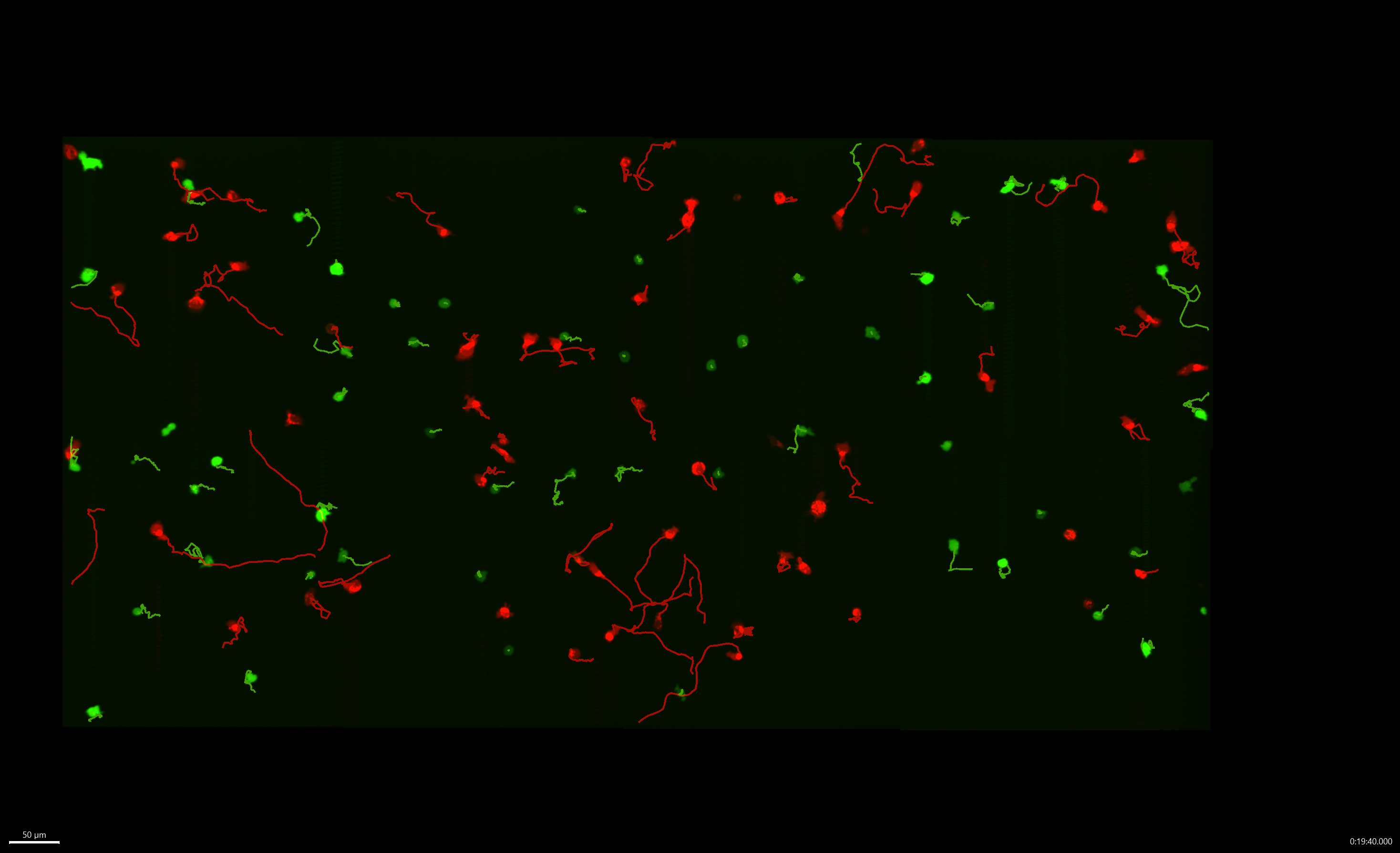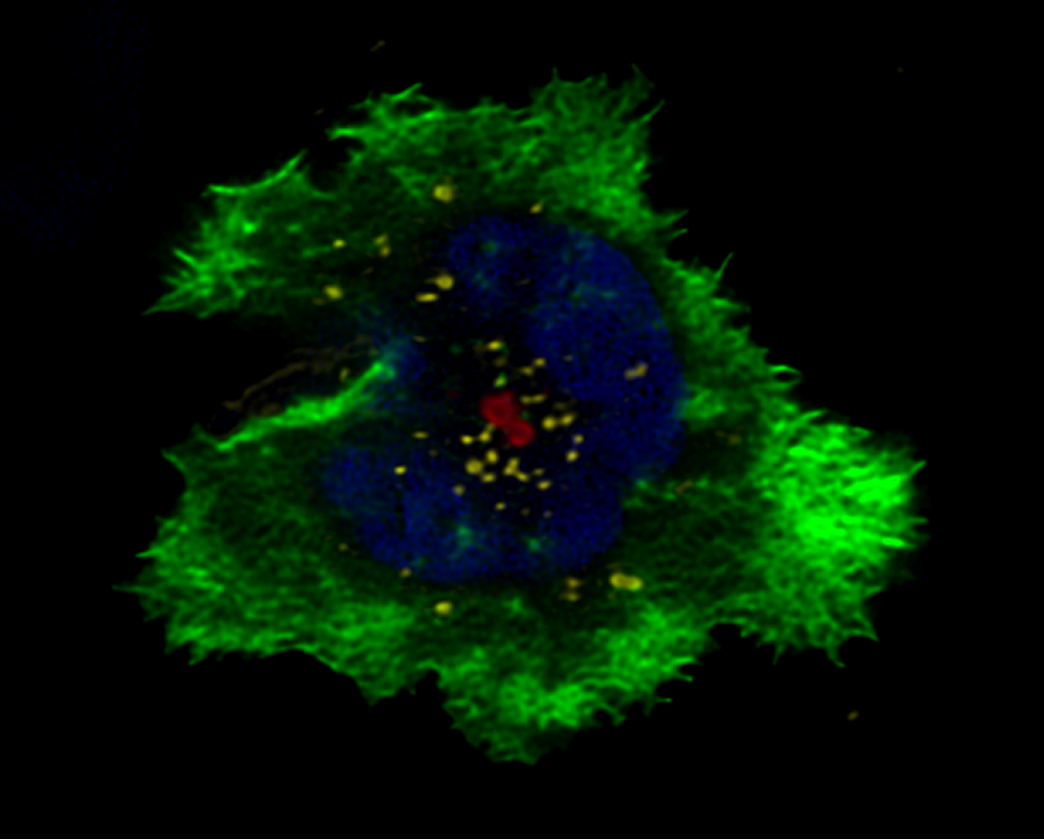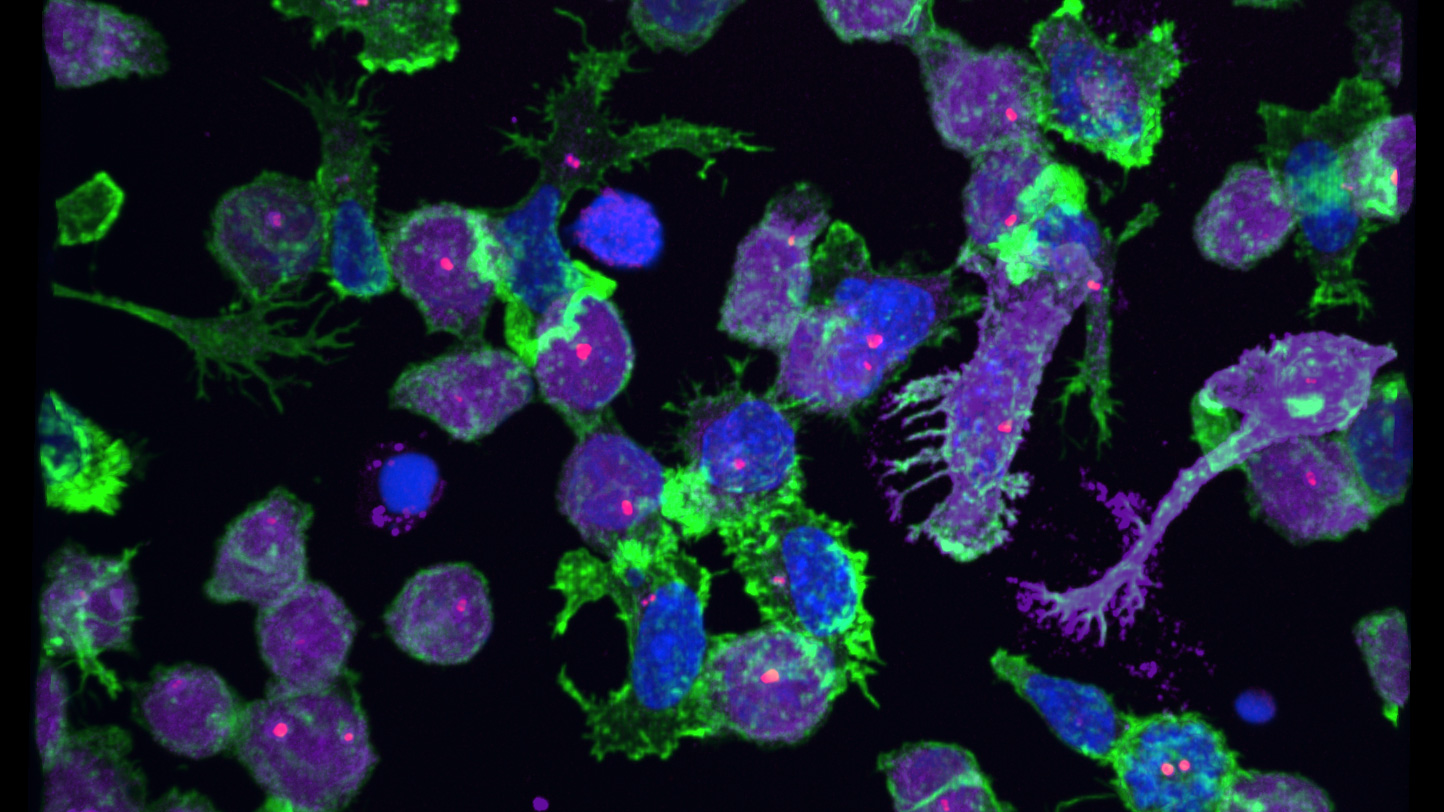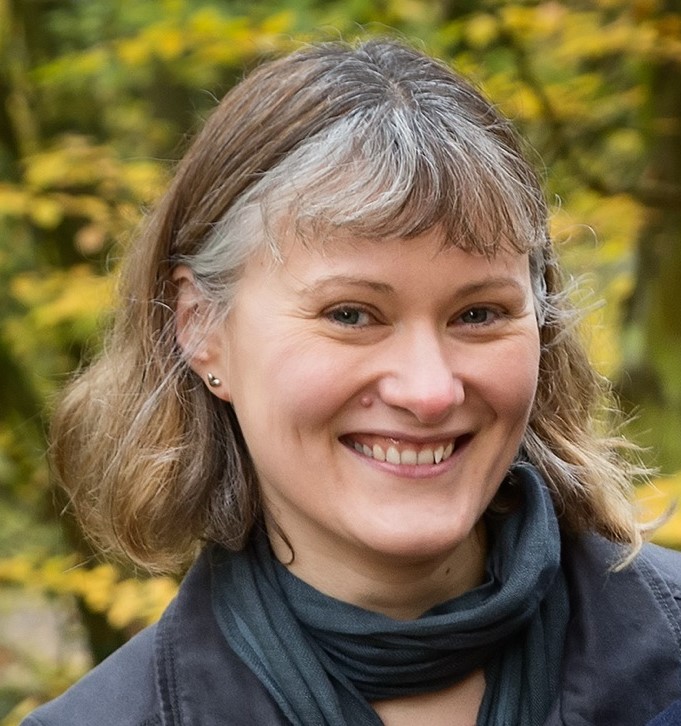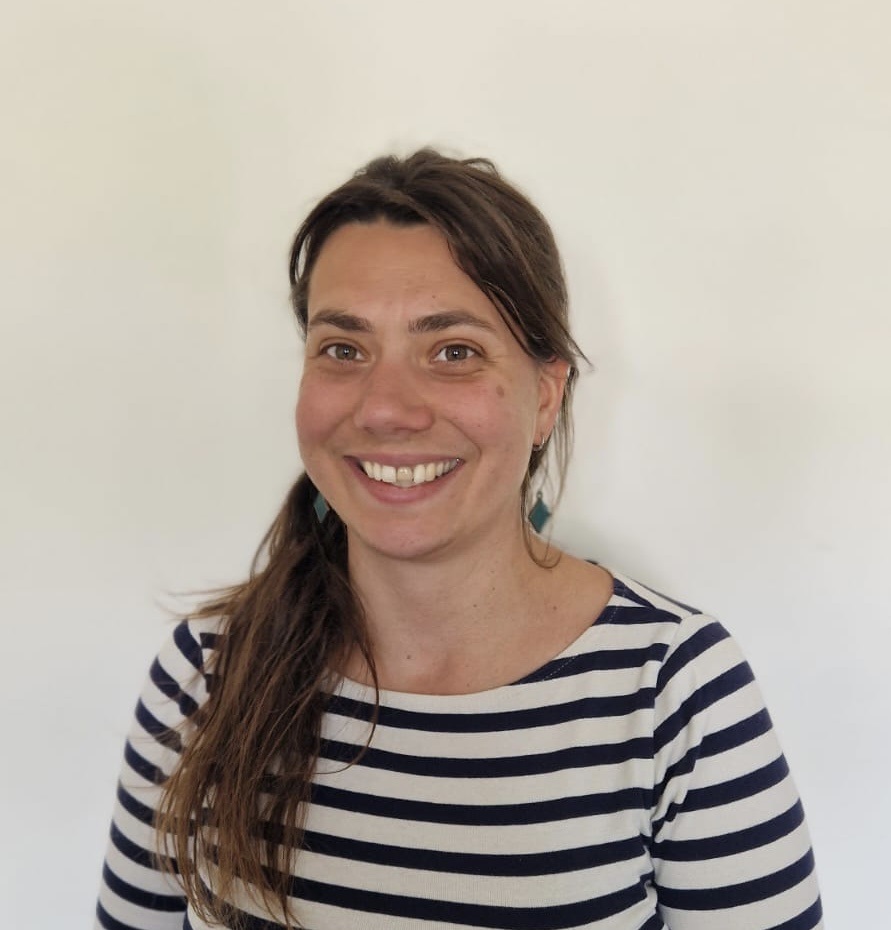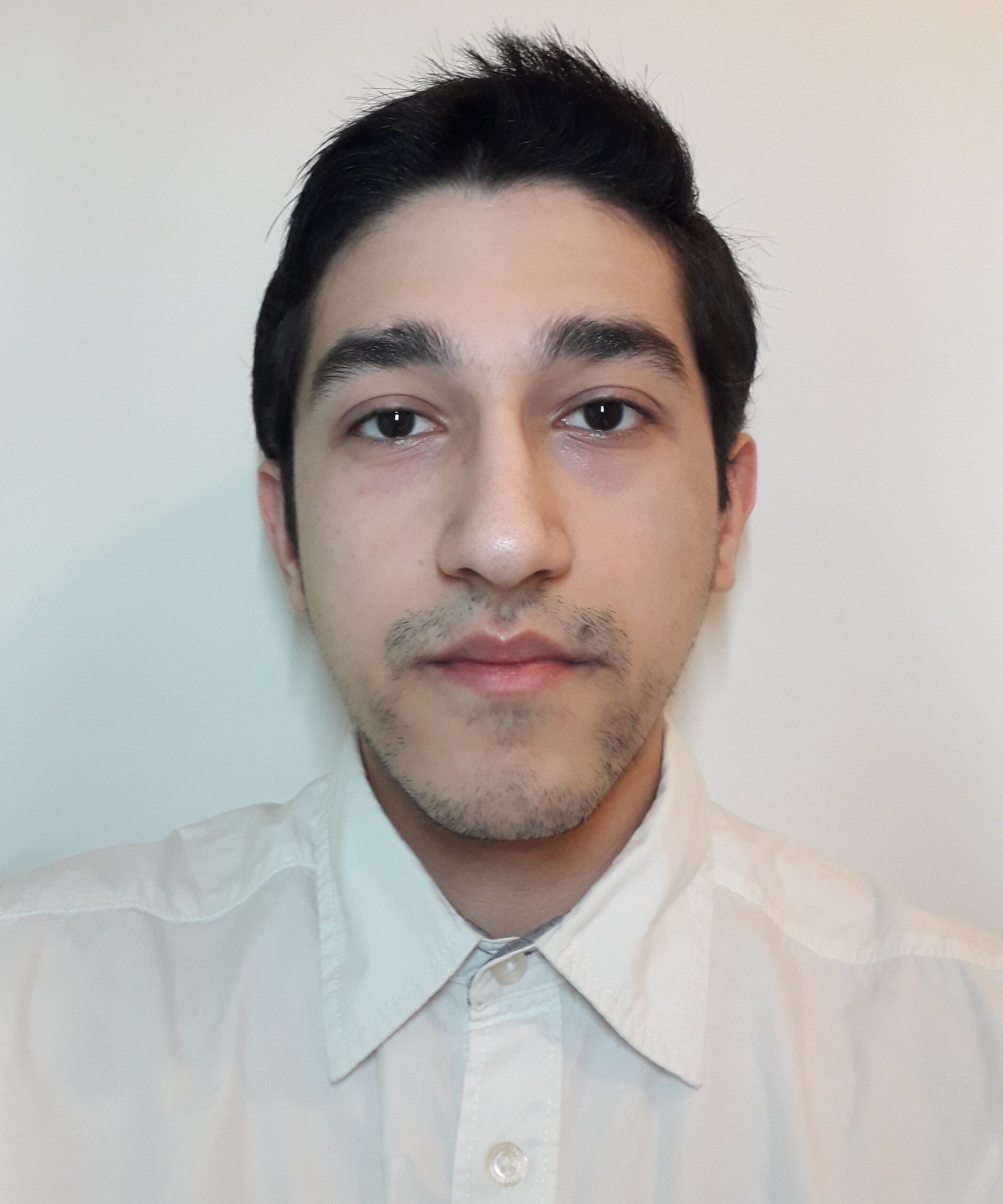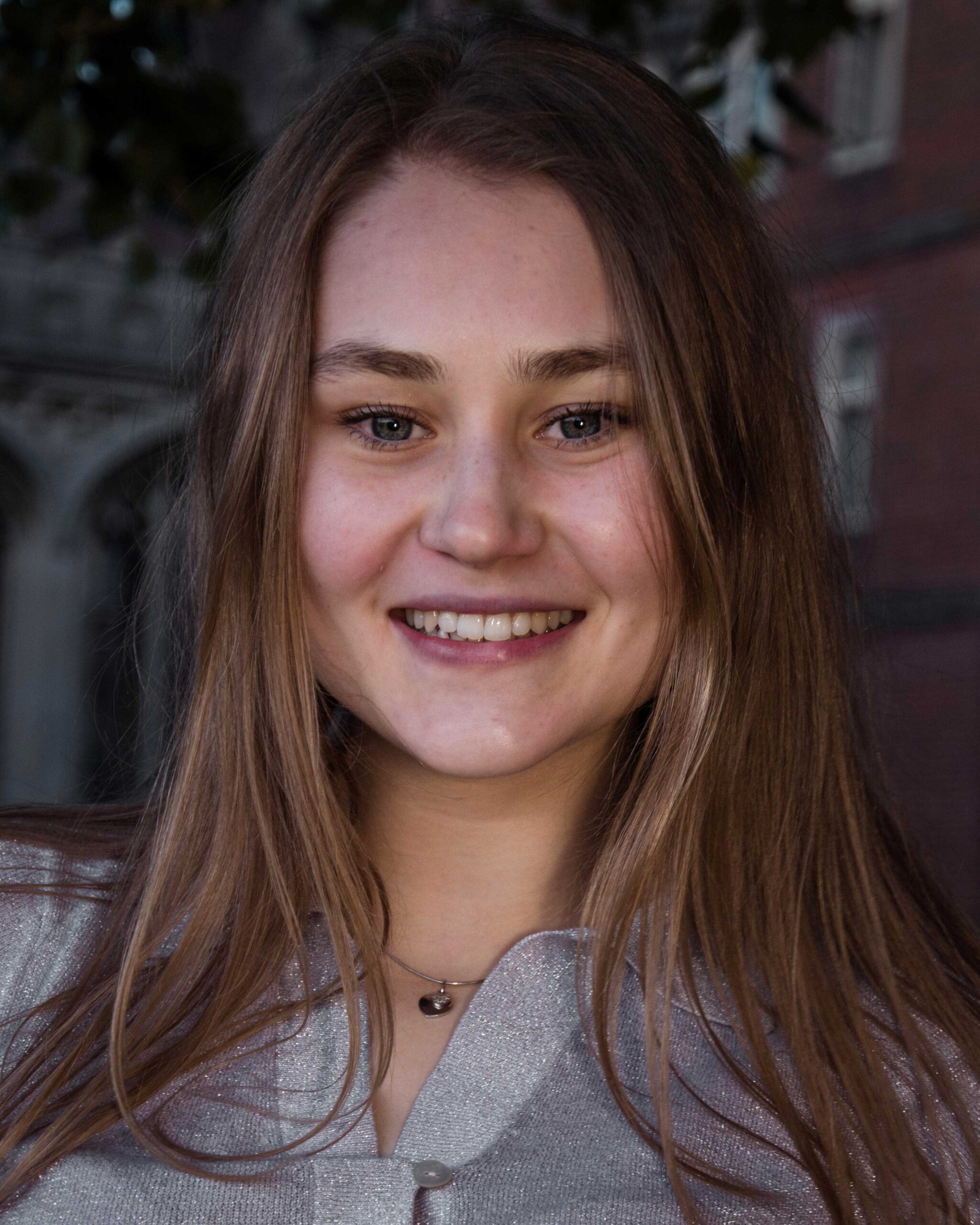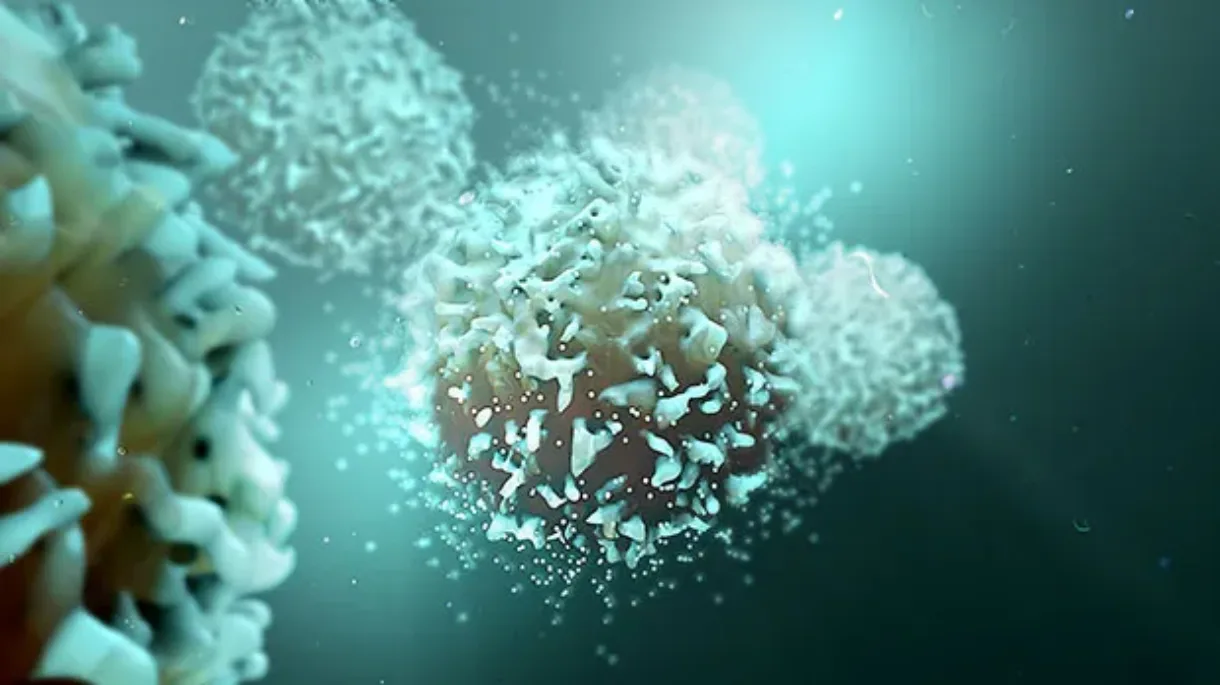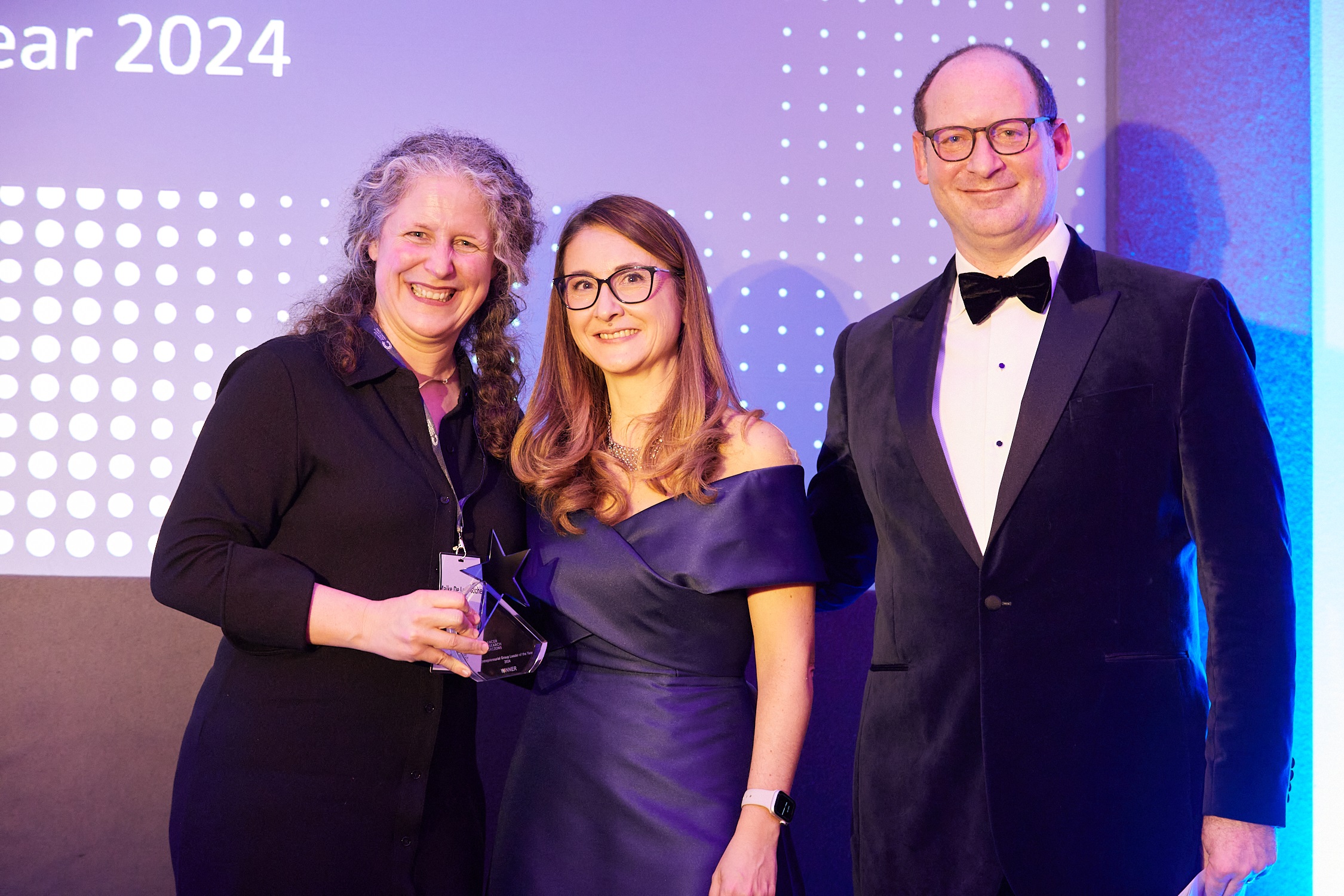de la Roche Group
Cancer immunology

Research summary
Our understanding of how complex immune responses are guided by signalling pathways is incomplete. We study Hedgehog signalling – a classical cell-cell communication system that controls embryonic development and adult tissue maintenance in vertebrates. Our laboratory aims to shed light on how immune cells use these pathways and use the knowledge gained to develop novel immunotherapeutic approaches against cancer.
Introduction
Hedgehog is an ancient cell-cell signal transduction pathway known to control embryonic development and adult tissue maintenance. In vertebrates the pathway is tied to the primary cilium – a hairlike signalling organelle protruding from nearly every cell in the body.
The cells of the immune system do not form primary cilia. Instead, they form immune synapses, that are morphologically very similar to the primary cilium, to communicate with each other and the environment.
We have previously shown that Hedgehog is activated downstream of the T cell receptor at the immune synapse of CD8 T cells and controls killing in vitro. We now want to understand how the diverse cells of the immune system differentially exploit Hedgehog signalling in vivo in the context of various pathologies.
The laboratory has generated unique mouse models and reagents to investigate the role of Hedgehog signalling in different immune cell subsets and is running a clinical study at Addenbrooke’s Hospital in which we recruit patients with mutations in the Hedgehog pathway and cancer patients treated with Hedgehog inhibitors.
We aim to characterise the distinctive mechanistic features of immune Hedgehog signalling with the long-term goal to modulate the pathway in immune cells to improve immune responses in the context of cancer, infection, autoimmunity, and vaccination.
Another focus area of the laboratory is the development of novel immunotherapeutics including CAR T and NK cells, Bispecific T cell Engagers and Antibody–drug conjugates against solid cancers.

Dr Maike de la Roche
Senior Group Leader,
Associate Director of Research Culture and Innovation
Research areas
Group members
-
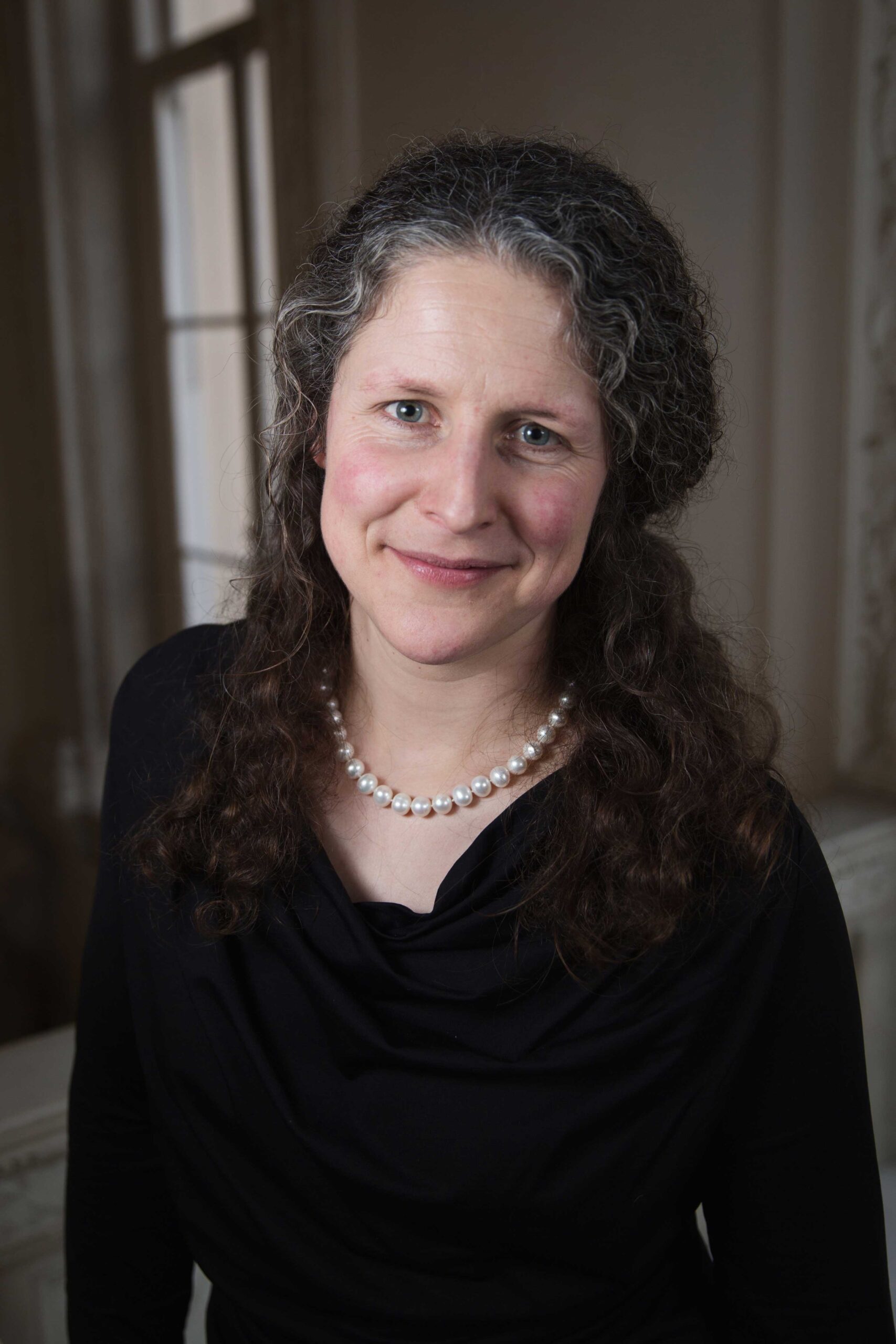
Maike de la Roche
Group Leader
-
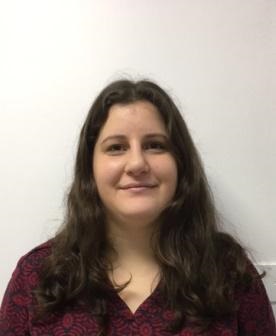
Chrysa Kapeni
Senior Research Associate
-
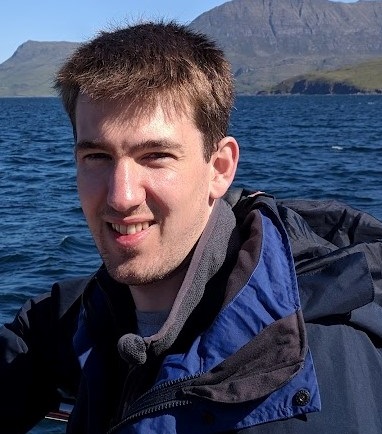
James Jones
Visiting Clinical Senior Research Associate
-

Flavio Beke
Research Associate
-
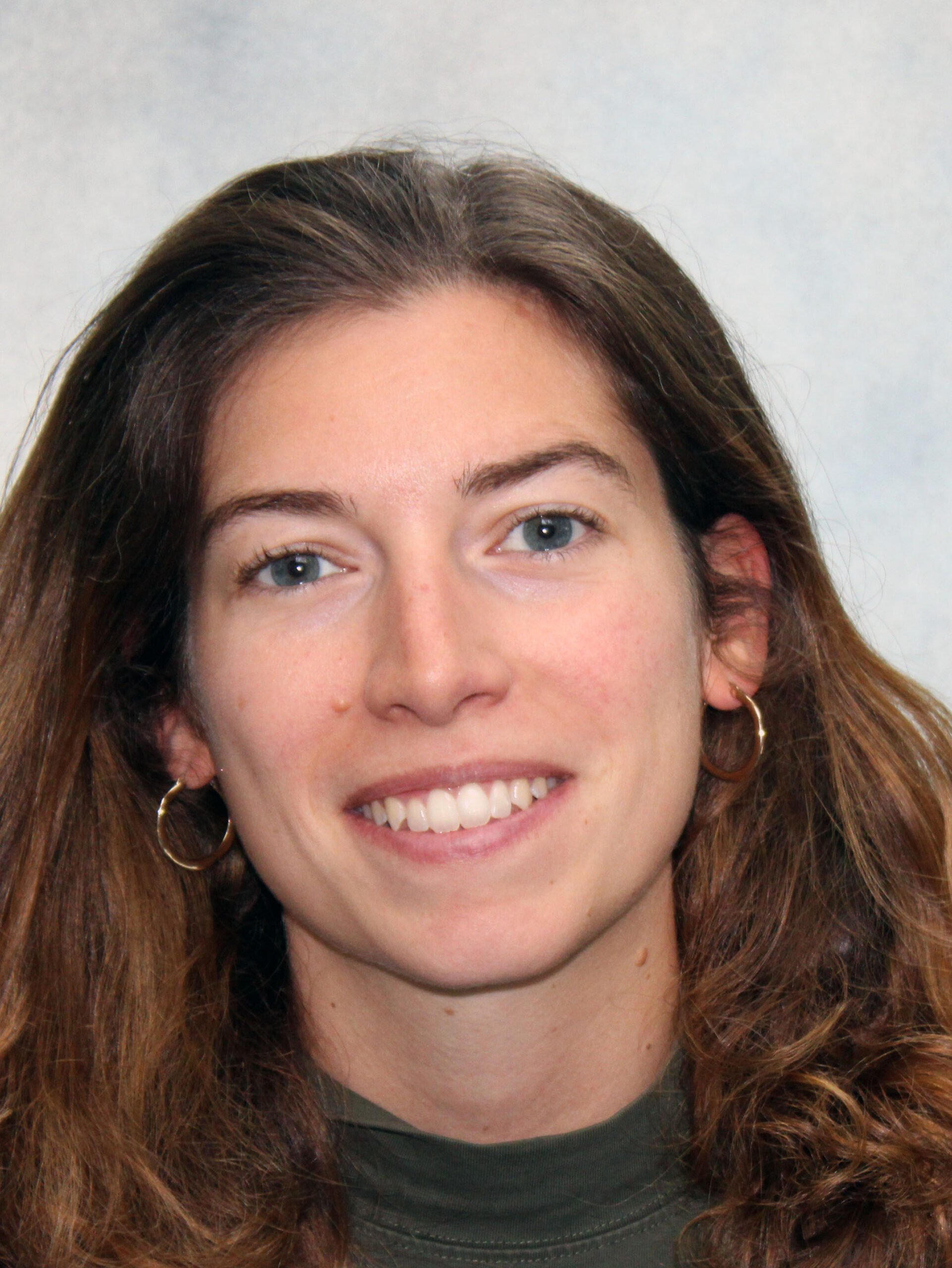
Leonor Nunes-Rodrigues
Research Associate
-
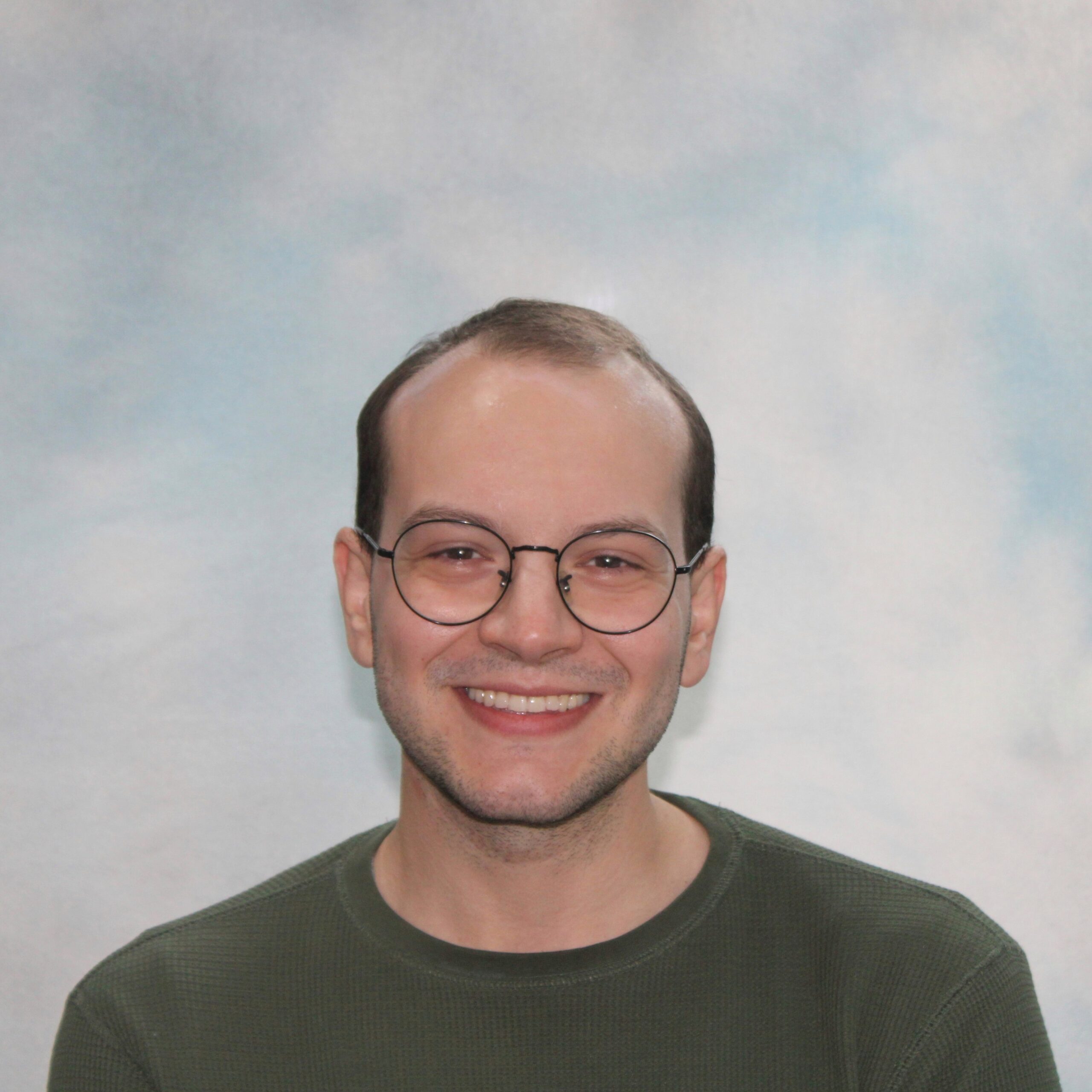
Kleovoulos Kofonikolas
Clinical Research Training Fellow
-
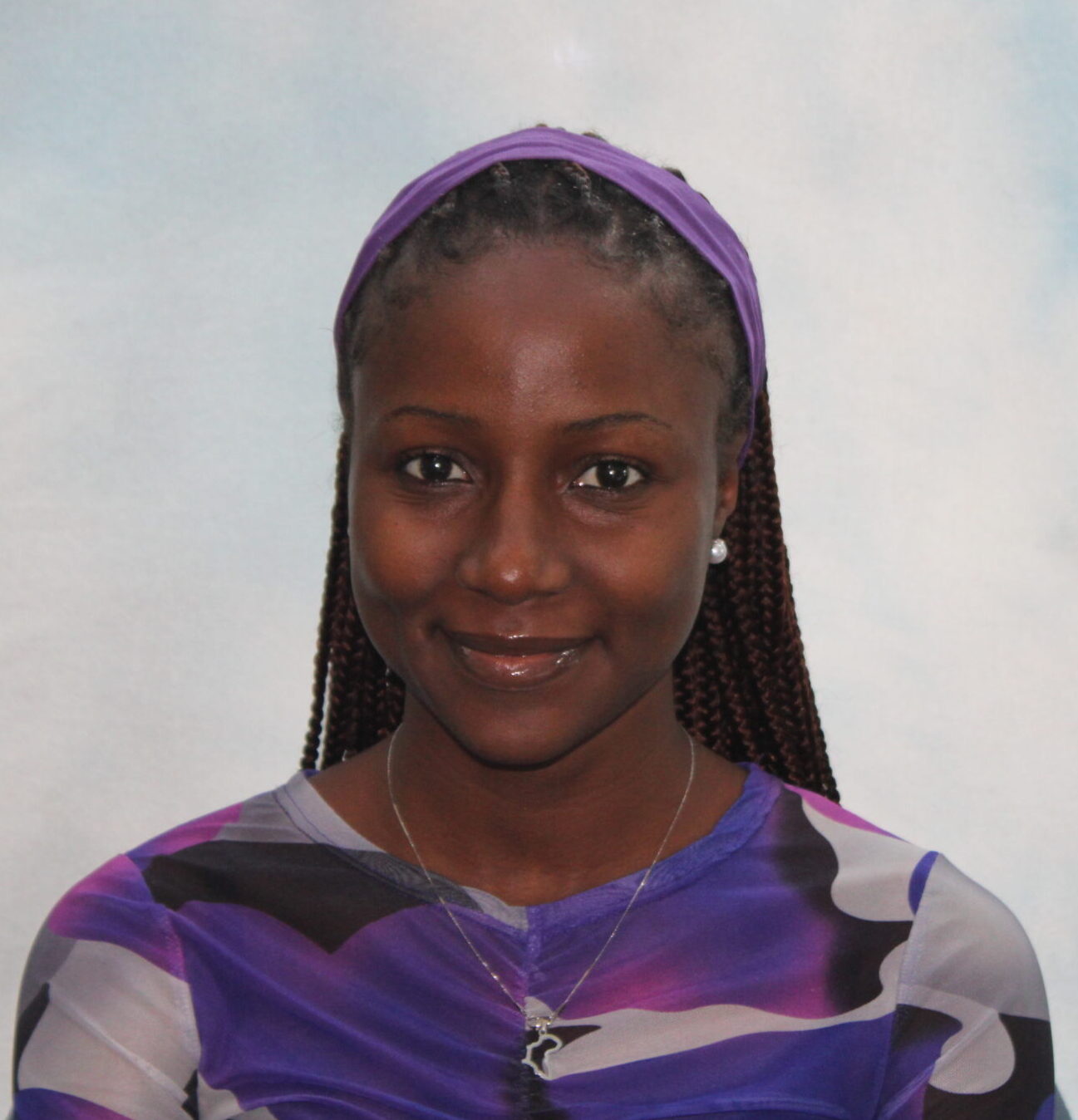
Kamsi Muoka
Postgraduate Student
-
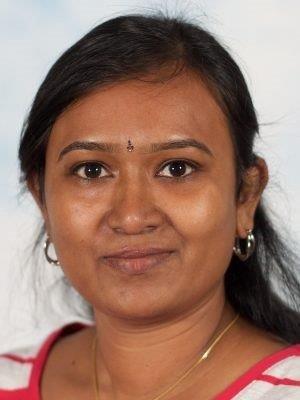
Valar Franklin
Postgraduate Student
Related News
See all news-
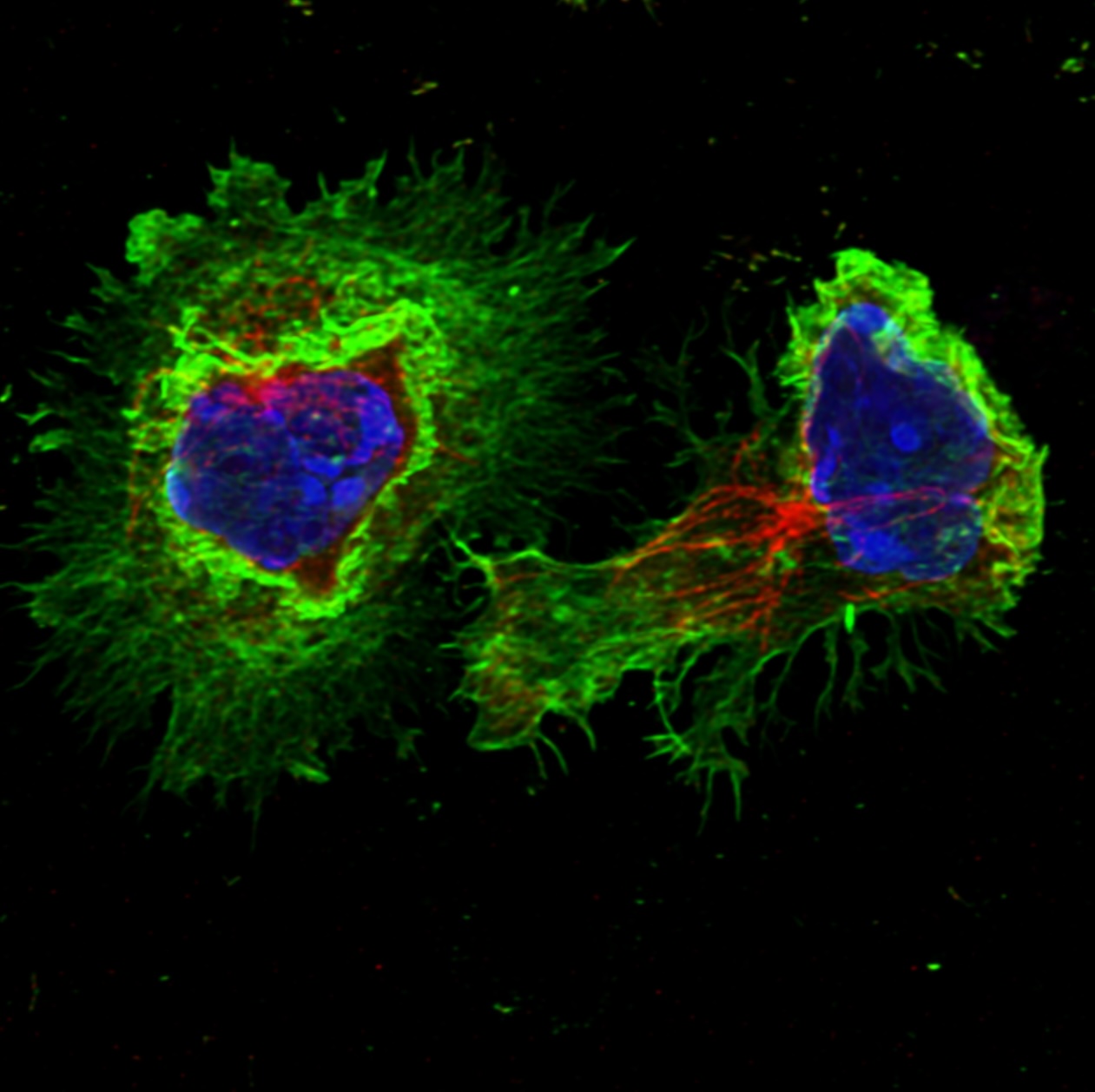
New clue discovered for why some cancer drugs fall short
11th July 2025
Hedgehog signalling plays a key role in controlling how immune cells migrate into tumours, a discovery that may explain why some cancer drugs have underperformed in clinical trials.
Read more -

Maike de la Roche secures funding to develop new immunotherapy targeting colorectal and liver cancers
12th August 2024
Scientists at the University of Cambridge have developed a potential new immunotherapy treatment that targets a protein found in colorectal and liver cancers.
Find out more -
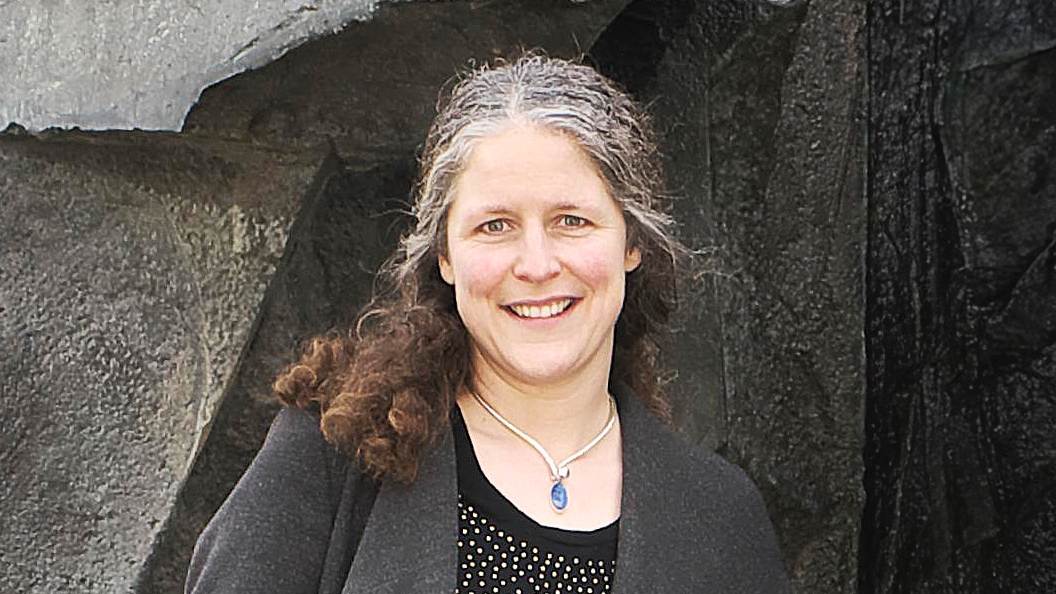
Maike de la Roche named Entrepreneurial Group Leader of the Year
21st March 2024
The awards aim to celebrate researchers and innovators who are actively bridging the gap between oncology discoveries and positive patient outcomes.
Find out more
Alumni
-
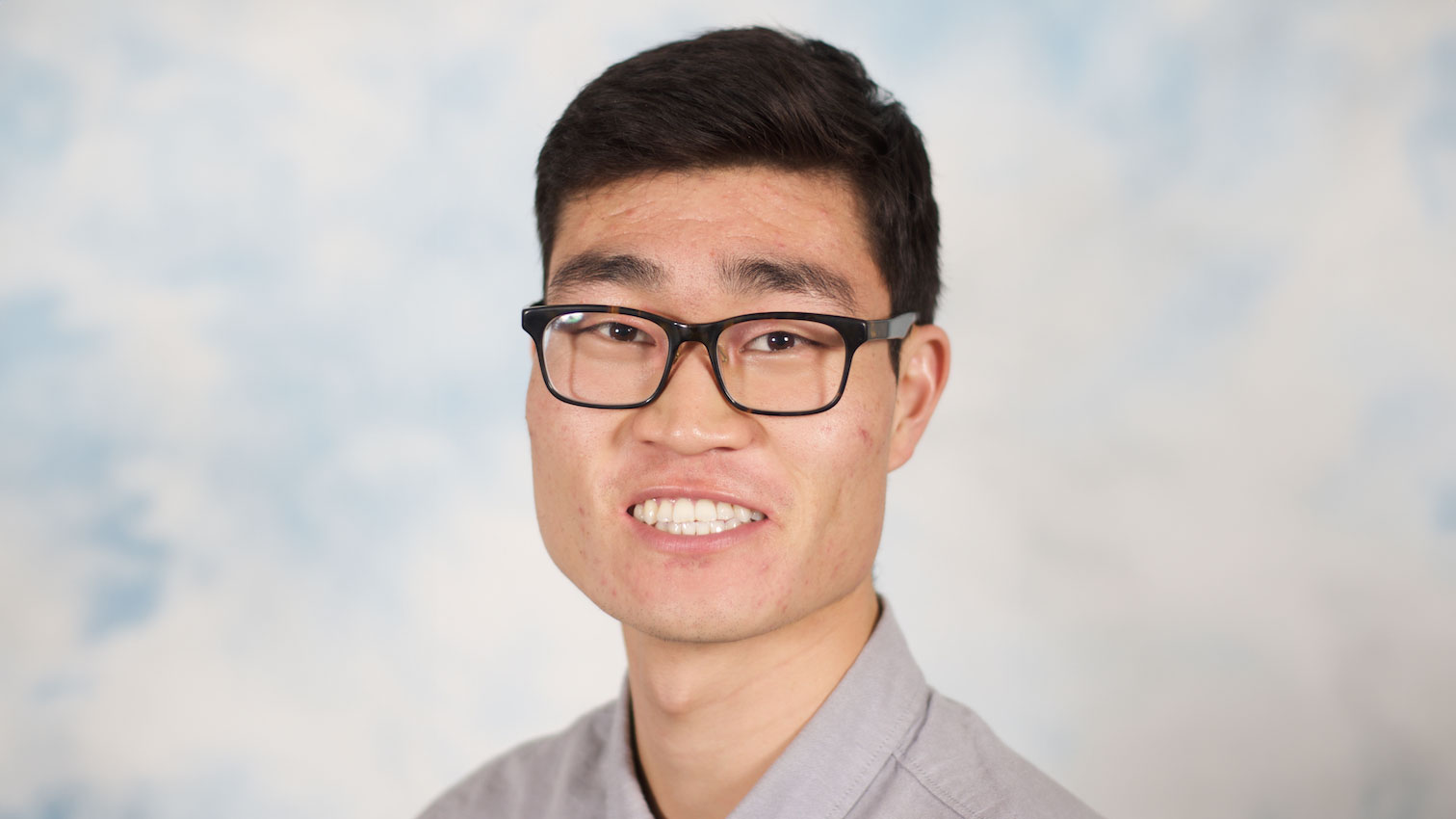
Alex Kim
MPhil student from 2017-2018.
Funded by a Gates Cambridge Scholarship , Alex went on to study for an MD PhD at Washington University, St Louis, USA.
-
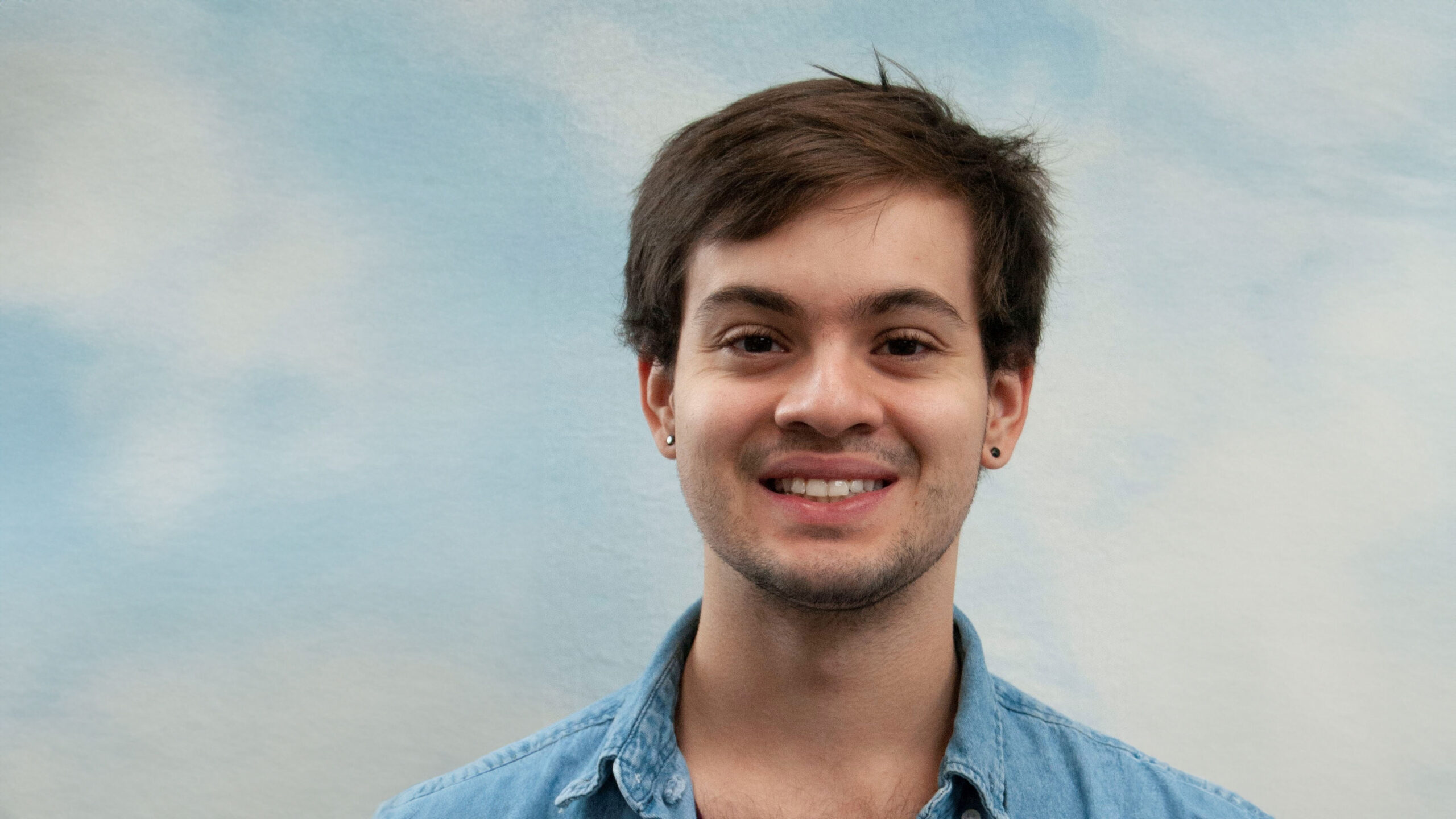
Camillo Espinosa
MPhil student from 2018-2019.
Funded by a Santander Cambridge Trust Scholarship, Camilo went on to study for a PhD at Stanford University, USA.
-
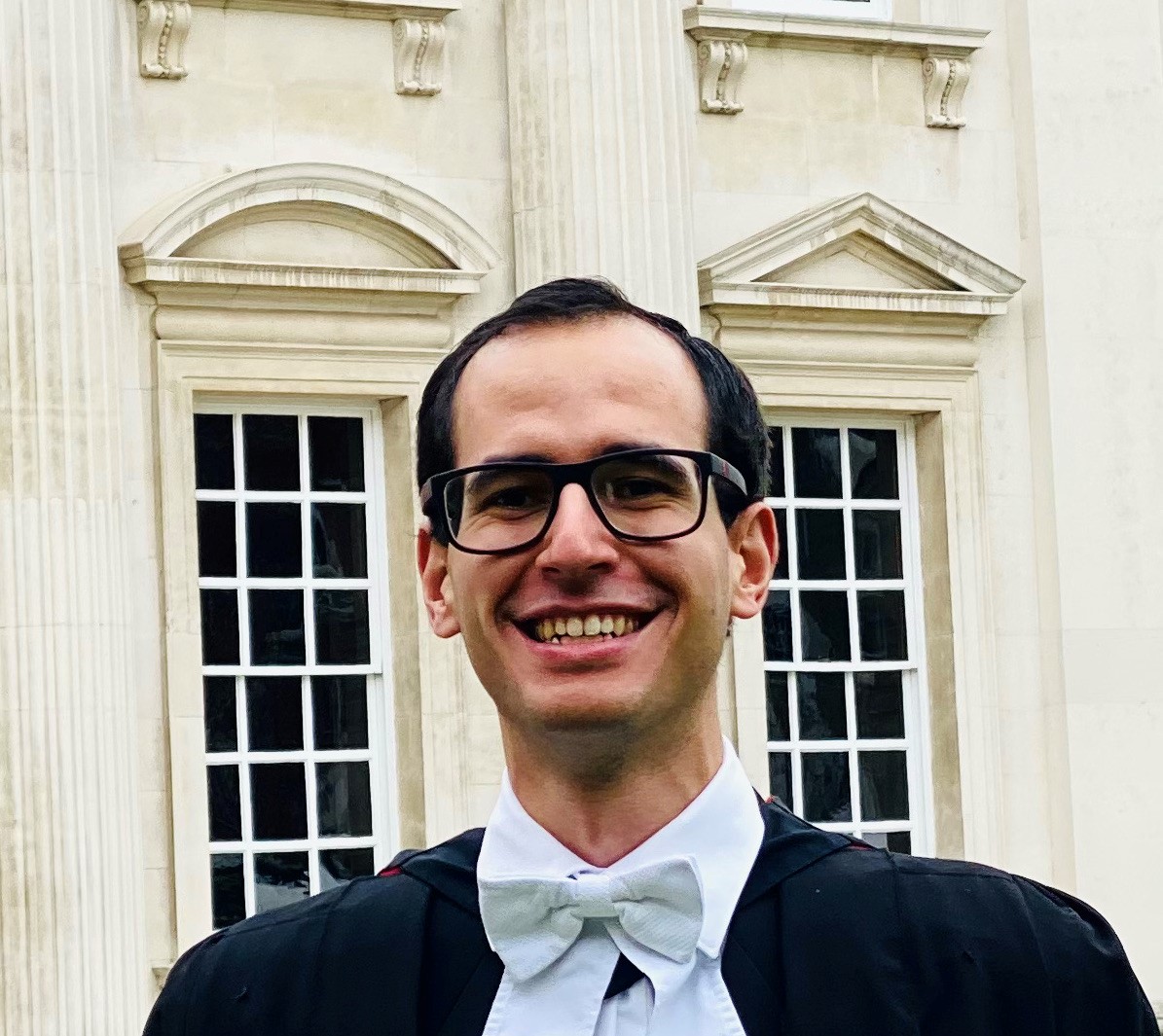
Joachim Hanna
PhD student from 2017-2020.
Funded by an MRC Clinical PhD Award.
Joachim went on to complete his medical degree at the University of Cambridge.
Joachim was awarded the CRUK CI Postgraduate Thesis Prize in 2021. He also won the presentation prize at the Arctic IBD Congress, 2022 together with the Guts UK Dr Falk award in the same year.
-
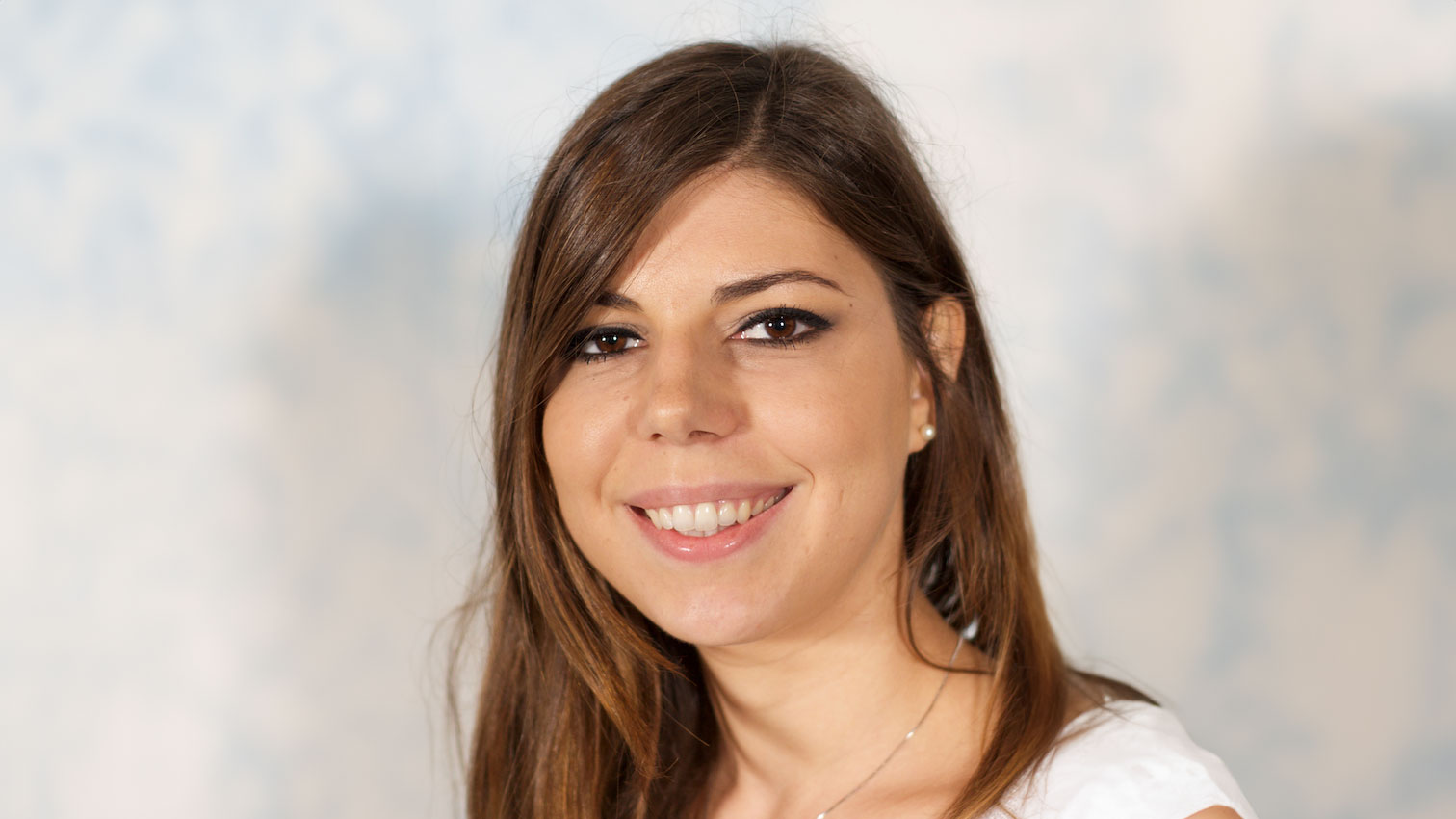
Valentina Carbonaro
PhD student from 2016-2022 (inclusive of two periods of maternity leave).
Funded by a Cancer Research UK Studentship.
Valentina is working as a Research Scientist in the Discovery Science Department at Astra Zeneca.
-
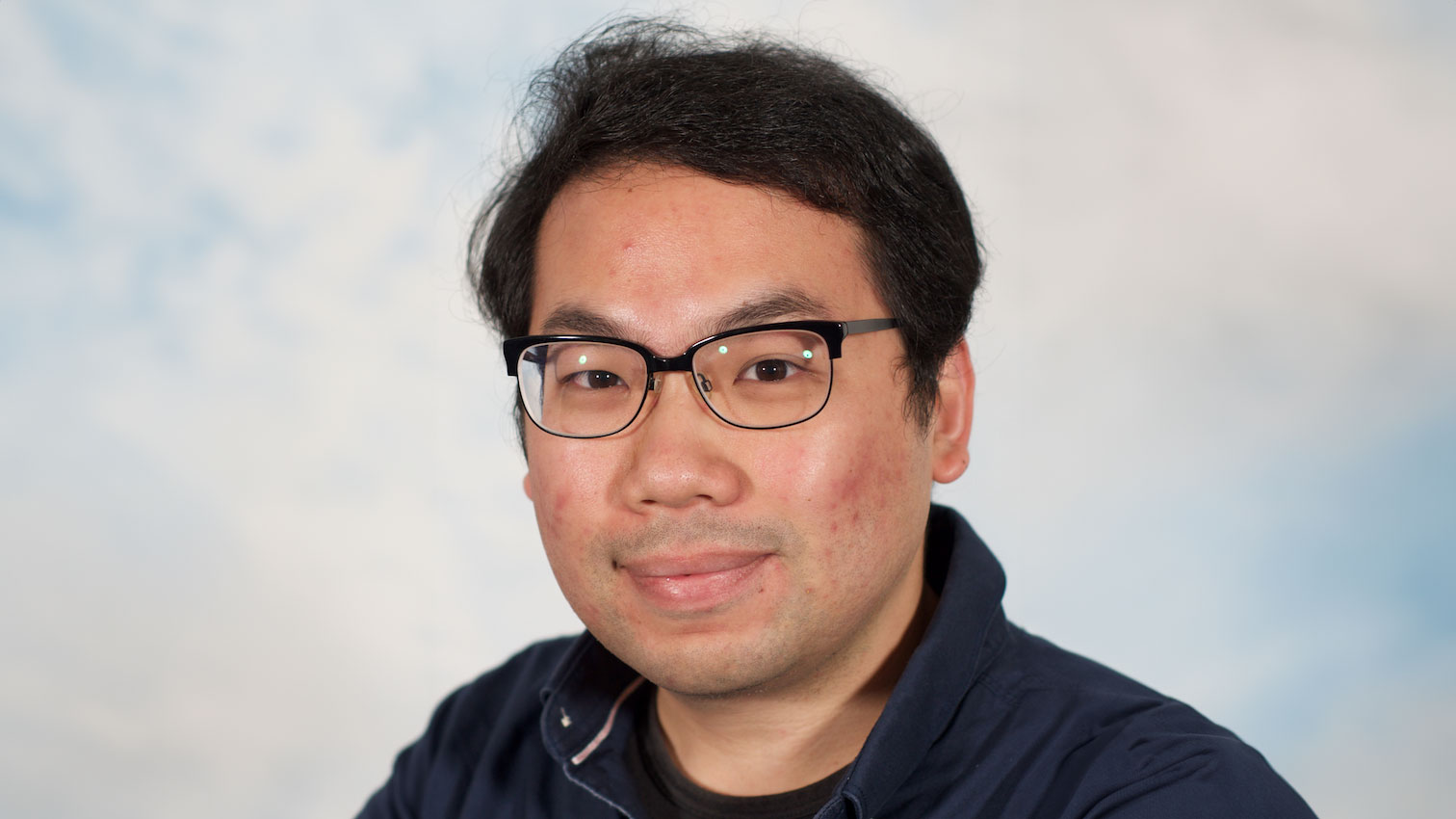
Hung-Chang Chen
Research Associate from 2016-2022.
Funded CRUK Core Award.
Hung-Chang has moved to AstraZeneca where he has secured a position as a Senior Research Scientist.
-
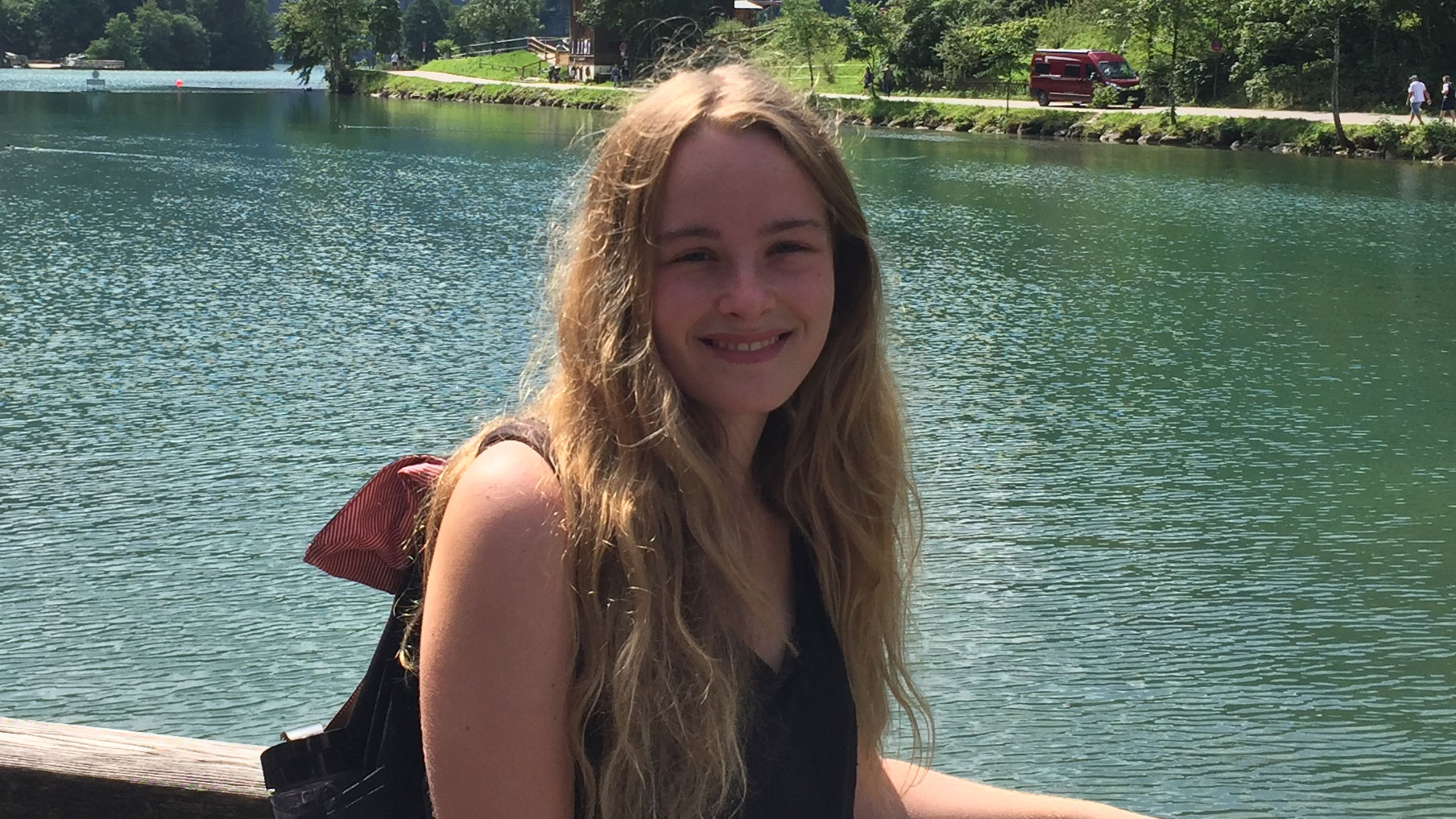
Annika Decker
Erasmus student from 2021-2022.
Annika went on to study for a PhD at Radboud University in the Netherlands.
-
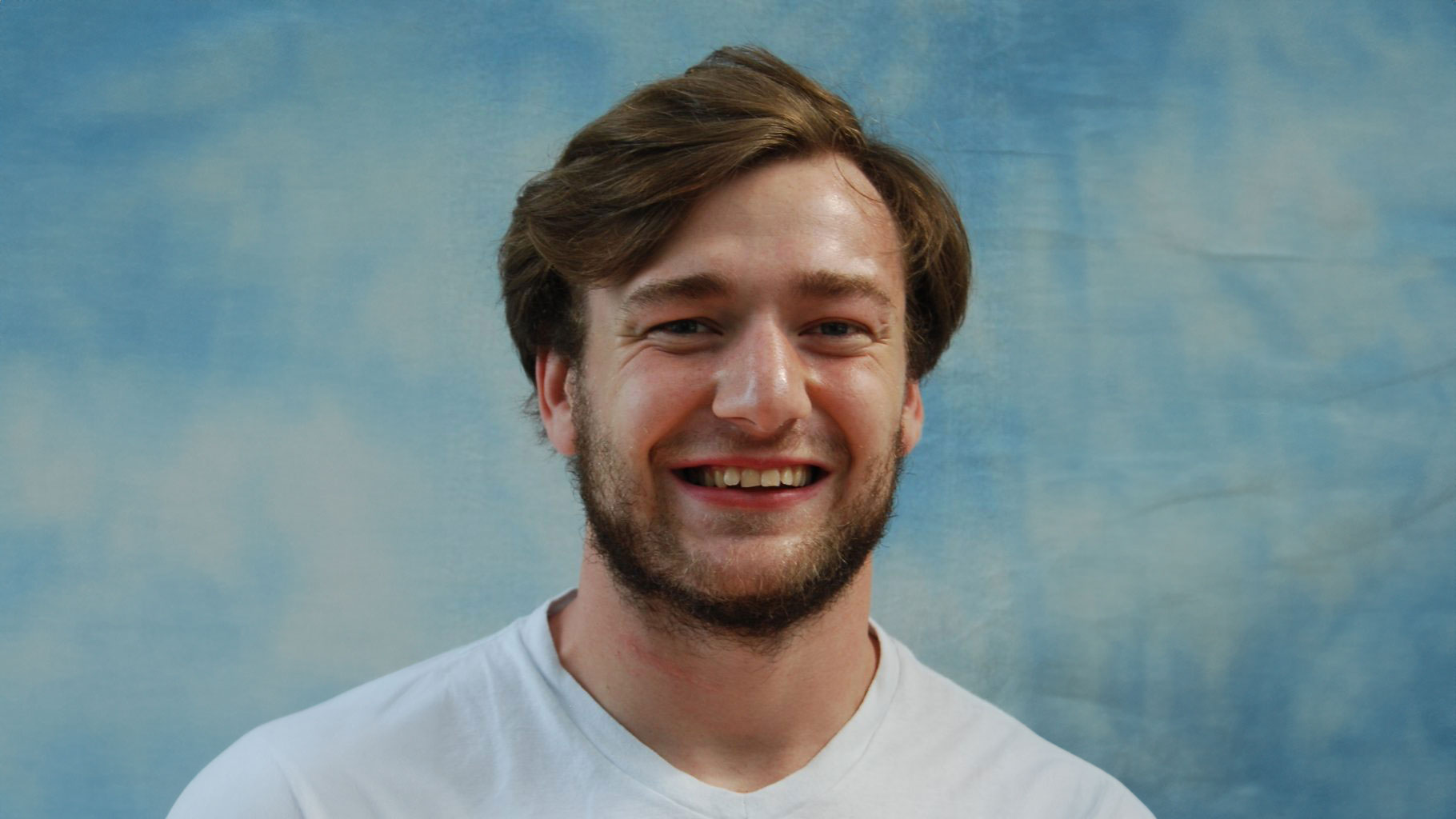
Stephen Clark-Leonard
MB PhD student from 2019-2023.
Funded by the Clinical PhD Frank Edward Elmore Fund Award, University of Cambridge.
Stephen secured a position as a Science teacher at Brighton College.
-
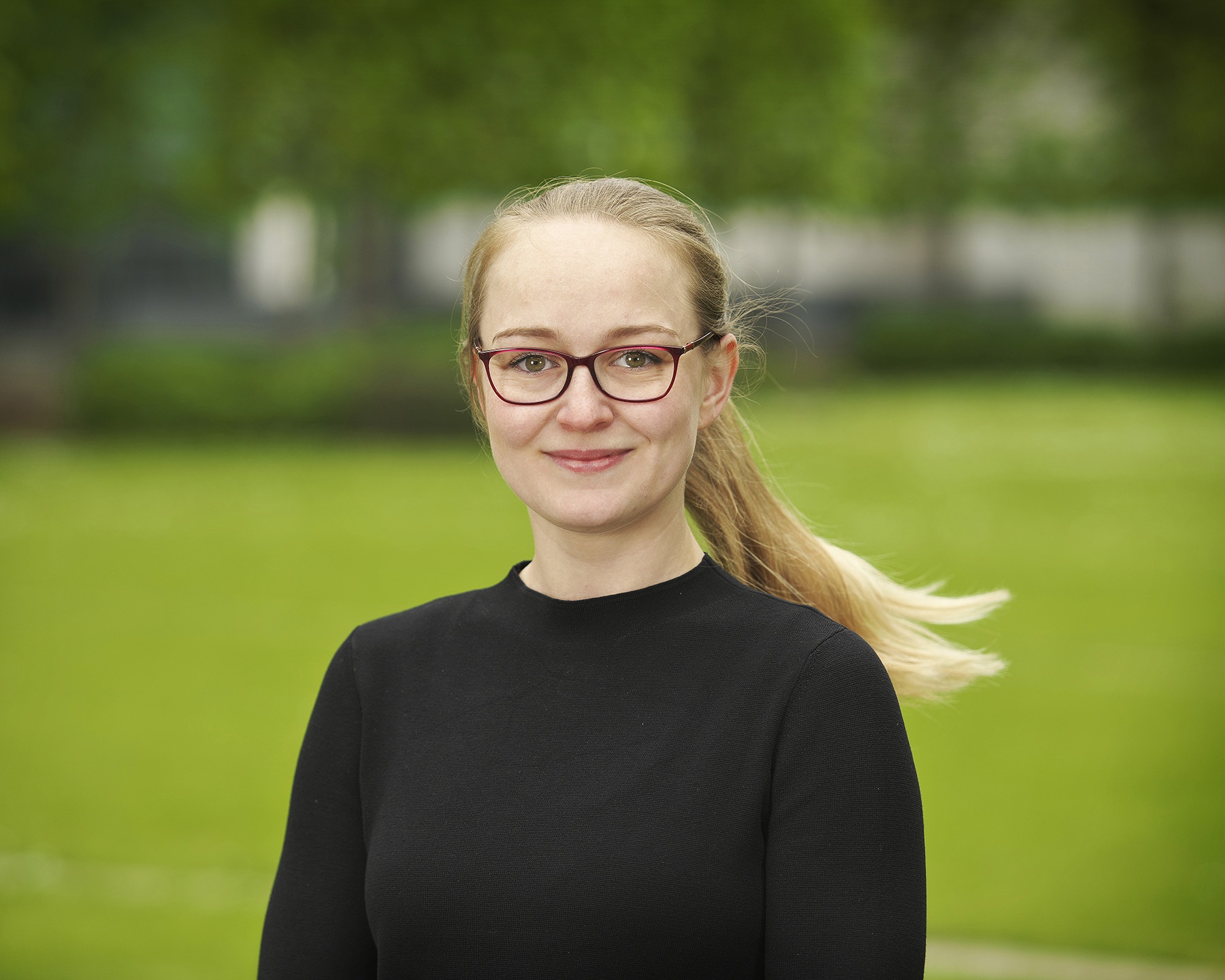
Anne Machel
PhD student 2022-2024.
Funded by a Cancer Research UK Studentship.
Anne is now working as an analyst at BPI.
-
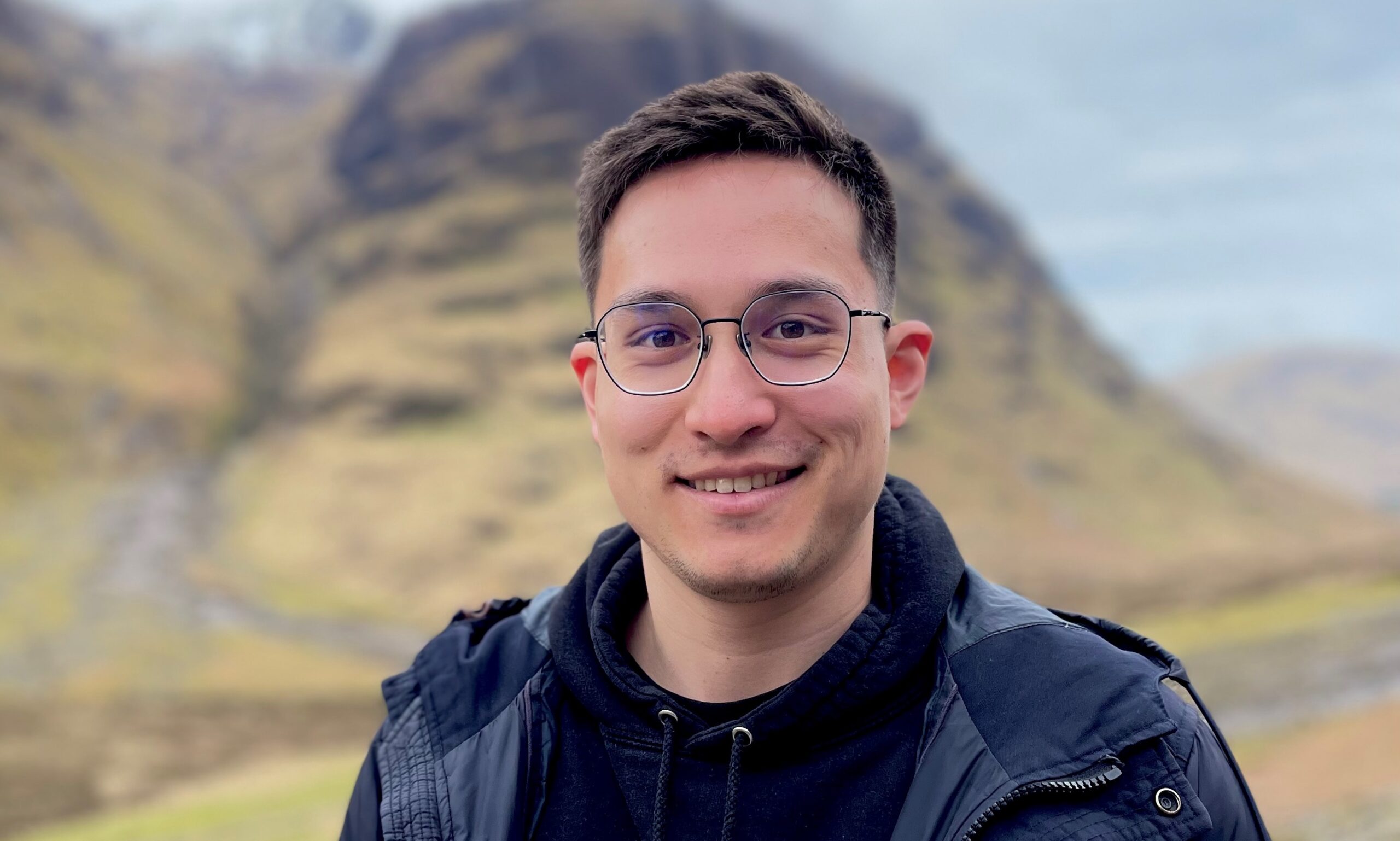
Nico Mueller
PhD student from 2022-2025.
Funded by a Cancer Research UK Studentship.
Nico is now a consultant at the Boston Consulting Group.
Publications
-
Cell-autonomous Hedgehog signaling controls Th17 polarization and pathogenicity.
E-pub date: 14 Jul 2022
-
Non-canonical Hedgehog signaling through L-type voltage gated Ca2+channels controls CD8+T cell killing
E-pub date: 1 Mar 2021
-
LGR5 targeting molecules as therapeutic agents for multiple cancer types
E-pub date: 3 Sep 2022
-
IL-7-dependent compositional changes within the γδ T cell pool in lymph nodes during ageing lead to an unbalanced anti-tumour response.
E-pub date: 31 Aug 2019
Laboratory Efficiency Assessment Framework (LEAF)
The de la Roche Group contributed to the Institute’s LEAF Silver accreditation, see the Sustainability webpage for more information.
